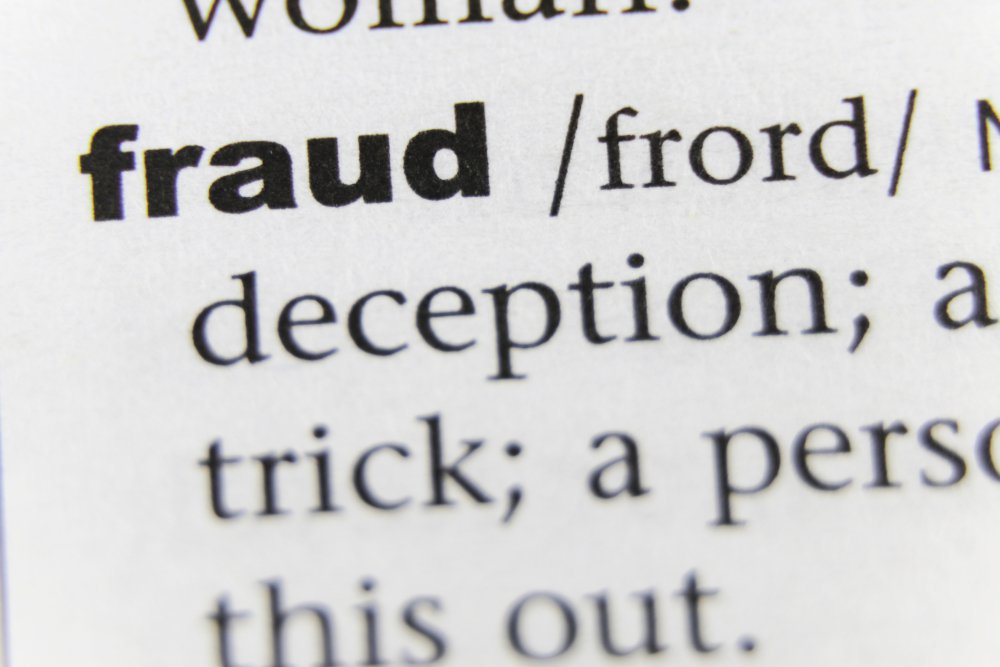Partner Evan Schwartz predicts — and turns out to be right — that charges against attorneys by the Suffolk County District Attorney are unfounded. Mr. Schwartz was interviewed by Newsday regarding a series of indictments against attorneys obtained by the DA.
BELOW IS AN EXCERPT OF A NEWSDAY STORY. AS PREDICTED BY PARTNER EVAN SCHWARTZ, ALL CHARGES AGAINST THE ATTORNEYS INVOLVED WERE SUBSEQUENTLY DROPPED BY THE DISTRICT ATTORNEY SINCE THERE WAS NO WRONGDOING BY THESE ATTORNEYS WHATSOEVER.
When Suffolk prosecutors announced last week they had uncovered a ring of people who allegedly staged car accidents on Long Island highways and then collected insurance money for fake injuries, they said lawyers were right in the middle of the operation.
Attorneys were key players in the massive scheme to defraud State Farm Insurance of Melville out of millions, Suffolk District Attorney Thomas Spota said. Increasingly, lawyers are playing a greater role in the filing of no-fault claims and prosecutors say they have an inside knowledge of the system that enables those who are involved in such schemes to get fraudulent claims approved faster.
“Runners” would orchestrate car accidents with hired “passengers” who would then submit no-fault claims for fake injuries. The lawyers represented the passengers in claims and lawsuits. The indictment of two attorneys allegedly involved in the scheme, handed up by a special grand jury, were unsealed along with 83 others in the operation.
Another 481 indictments are expected to be unsealed later this year in what officials say is one of the largest no-fault insurance fraud schemes ever prosecuted in the state, and Spota said these are only the ones related to State Farm Insurance claims.
The problem appears widespread. Spota said other insurance companies have also been victims of phony claims from staged accidents and Suffolk prosecutors are now working with investigators from staged accidents and Suffolk prosecutors are now working with investigators from the National Insurance Crime Bureau, state police and the State Insurance Department to uncover similar operations.
“The problem used to be downstate, Now we’re seeing evidence of schemes in Rochester and Buffalo,” said State Insurance Superintendent Gregory Serio. “But no matter where the claim is filed, it affects companies statewide,” and translates to higher premiums.
* * * *
Lato said not every person who filed a false no-fault claim had an attorney but those who did were probably more successful at getting money. At a news conference last week announcing the indictments, prosecutors and insurance officals acknowledged that, generally, claims filed by attorneys tend to get attention quicker because of the potential threat of a lawsuit.
Serio said that, generally, attorneys increasingly are getting involved in the filing of no-fault claims, even though the system was originally designed so consumers wouldn’t need representation. However, he said, some lawyers had made no-fault claims into a “cottage industry.”
Evan Schwartz, an attorney from Garden City who represents policy holders and teaches insurance law at Touro Law School in Huntington, said the involvement of attorneys in no-fault claims has been driven by the “massive numbers of denials” from insurance companies.
“There will be good people swept up in these indictments and it will have a seriously chilling effect on the number of no-fault claims, which improves the bottom line of these companies, and a lot of people who need [medical] treatment, won’t get it,” he said.
Under New York state law, a no-fault insurance claim must be filed within 30 days of an accident and medical providers treating those injurd must submit bills to insurance carriers “as soon as reasonably practicable” but no later than 45 days from the date of the treatment. Insurance carriers then have 30 days to act on the claim, thought they can take longer if they request additional information to verify the claim. According to prosecutors, attorneys who are involved in the insurance fraud schemes wait to file their claims until the 87th day so that insurance companies don’t have enough time to investigate.
“They bombard the company with all the bills they have for that period and the company has to verify them. When you multiply that times several people, there is no possible way the companies can verify all the claims,” Lato said. Citing state law, Lato said, “After 30 days, even if they [insurance companies] determine the claim is fraudulent, they can’t get their money back,” according to state law.
Attorneys involved in these schemes have sometimes filed lawsuits in addition to the claims, seeking damages for injuries that were faked, prosecutors said. About 70 percent of these suits are settled out of court.
These lawyers usually work closely with medical clinics in which the health care professionals who are part of the operation submit bills for fake injuries, prosecutors say.
Often, the passengers who fake the injuries use the same attorneys and, in some cases, attorneys will even allow the clinics to submit bills under their office letterhead, for a fee, officials said.
“The same lawyers tend to pop up, which is why eventually, the insurance companies catch on and the clinic closes down and pops up under another name,” Lato said. “But all they do is move across the hall.”
Evan S. Schwartz
Founder of Schwartz, Conroy & Hack
833-824-5350
[email protected]


